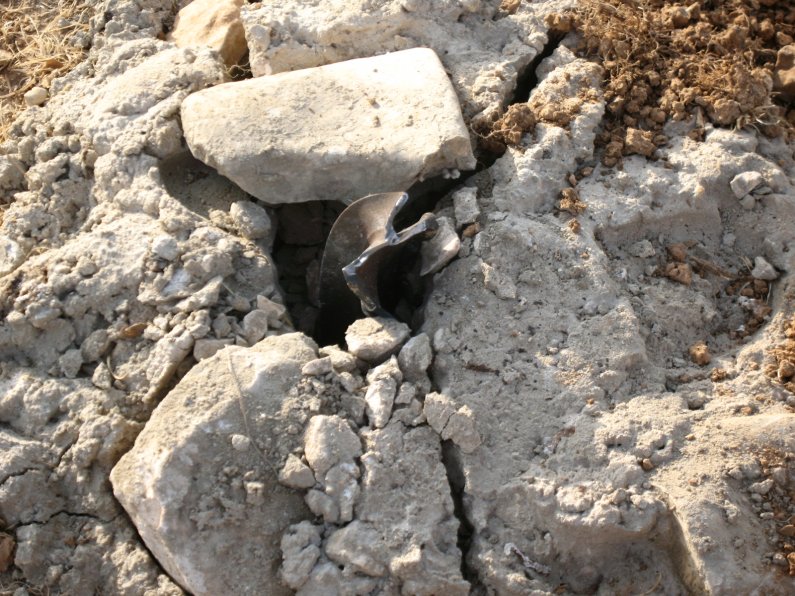Category: Reports
-
CPT: Settlers Heat Up the Air in Al Bweireh
Christian Peacemaker Team – Hebron Since approximately 2000, the Israeli Military and nearby settlers have set in place an iron gate across the road leading to Al Bweireh. They have also positioned a huge several-ton rock perhaps 25 meters from the barrier gate on the same road and another gigantic heap of rock and earth…
-
CPT: Palestinian fence damaged in village in At-Tuwani area
Christian Peacemaker Team – At-Tuwani & Operation Dove On the morning of Wednesday, 4 August, Palestinians from At-Tuwani found that their fence built between the village and the nearby Havat Ma’on settler outpost had been partially destroyed during the night. The fence, made from cemented metal supports and barbed wire, was funded by European Commission…
-
Israel demolishes rebuilt Jordan Valley houses
International Solidarity Movement This morning, Thursday 5th August, the Israeli Civil Administration authorities in the Jordan valley demolished the village of Al Farisiya for the second time in two weeks. This morning at 6:30 the army arrived in the village with two bulldozers and 13 jeeps, evacuated the villagers and destroyed 26 homes in one…

